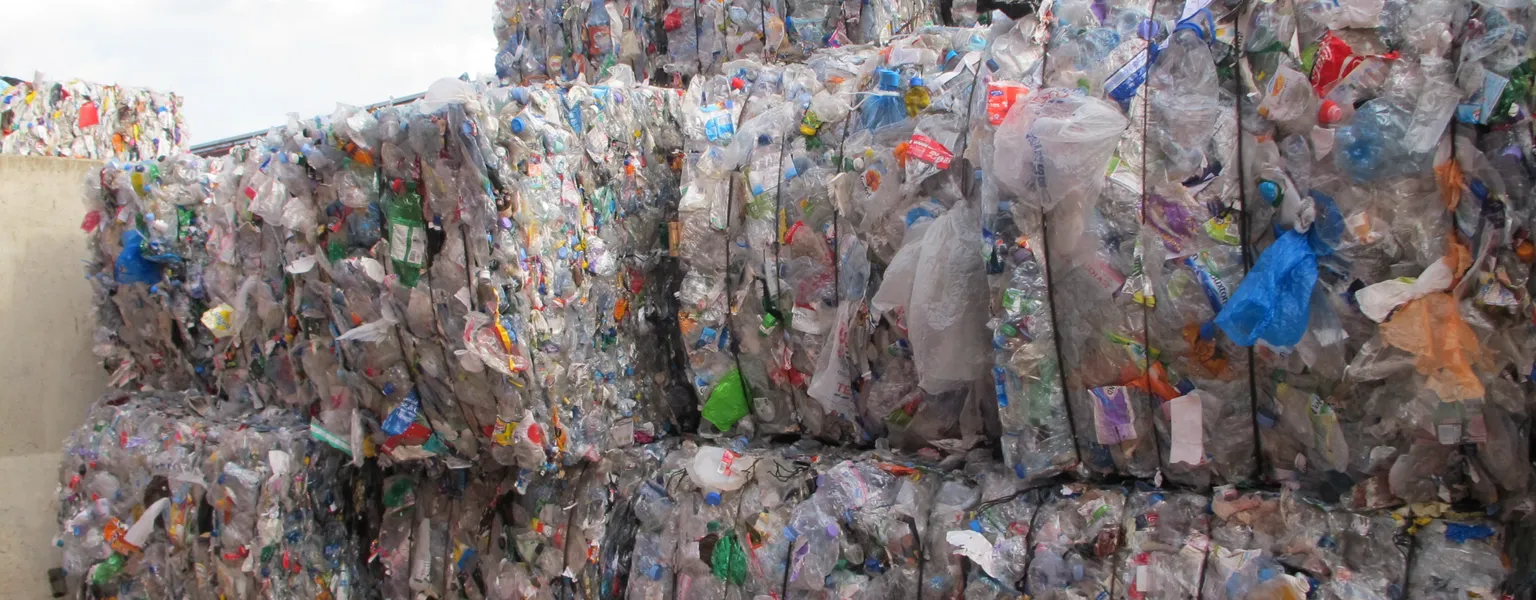Circularity of plastics: Key findings from Plastics Europe's latest report

Sustainability
Plastics Europe has released its latest report, 'The Circular Economy for Plastics: A European Analysis,' outlining significant strides in the circularity of the plastics system. The report offers insights into European plastics production, consumption, and waste management, with a focus on plastics production from non-fossil sources and recycling technologies.
A key highlight of the report is that circular plastics now make up 13.5% of new plastic products manufactured in Europe, marking substantial progress towards the interim goal set in the 'Plastics Transition' roadmap to achieve 25% circular plastics usage by 2030.
Despite these advancements, the data also underscores challenges hindering progress towards circularity. Increased rates of incineration with energy recovery (+15% since 2018) of plastics waste, which could have been recycled, pose a significant obstacle.
Nevertheless, Europe has reached a significant milestone, with 26.9% of plastics waste now being recycled, surpassing landfill disposal for the first time. However, meeting the rising demand for circular plastics requires scaling up post-consumer plastics waste collection and sorting, and enhancing the availability of biomass and captured carbon.
The report reveals variations in circular plastics uptake across different industry sectors, with packaging, building and construction, and agriculture showing the strongest demand. However, sectors like automotive and electricals and electronics are lagging behind.
In 2022, circular plastics were sourced from various channels, with mechanical recycling being the largest contributor (13.2% of all plastics produced), followed by bio-based feedstock (1%) and chemical recycling (0.1%).
Europe's share of global plastics production has declined from 22% in 2006 to 14% in 2022. This trend could lead to increased dependence on imports, jeopardising investments in circularity and support for downstream sectors reliant on plastics.
Virginia Janssens, Managing Director of Plastics Europe, said: Our latest 'Circular Economy for Plastics' report provides essential insights into the transition of the plastics system. This edition is also broader in scope and contains more in-depth data than ever before. Whilst the data confirms the shift to circularity is firmly established and picking up pace, it is frustrating that we still incinerate so much plastics waste when this potential feedstock is desperately needed by our industry to accelerate the transition. Without urgent action to increase the availability of all circular feedstocks for plastics we cannot maintain the current rate of progress and realise the ambitions of our 'Plastics Transition' roadmap and the EU Green Deal.
This article was originally published by Plastics Europe.
Related News
-
Sustainability
UK urged to join EU in banning single-use sauce sachets
-
Sustainability
EU plastic packaging ban labelled 'plastiphobia'
-
Sustainability
Hungary debuts new deposit return scheme for drink containers
-
Sustainability
Plastics Recyclers Europe calls for genuine plastic circularity in EU
-
Sustainability
Ellen MacArthur Foundation calls for reuse revolution




